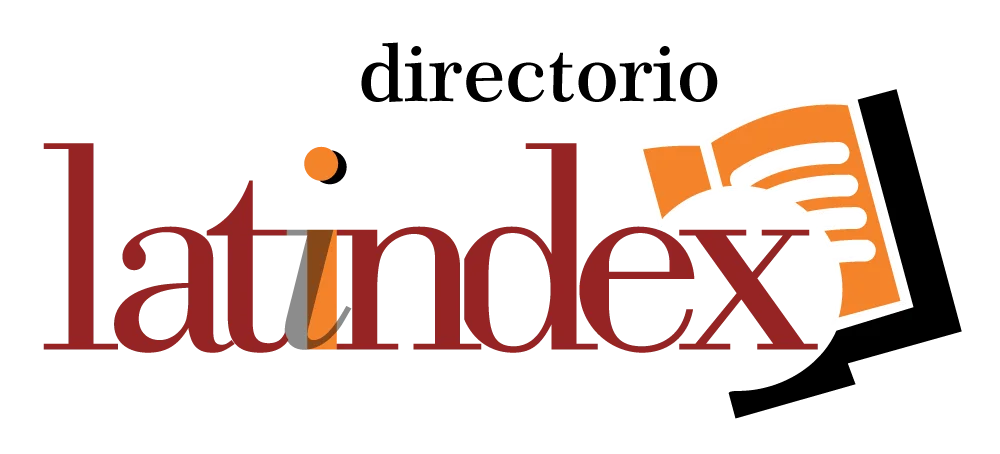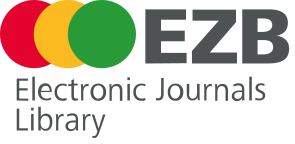Specific Learning Disabilities: New approaches to understanding and support
DOI:
https://doi.org/10.56294/neuro2025180Keywords:
SpLD, Inclusive Education, Dyslexia, Dyscalculia, and DysgraphiaAbstract
Introduction: Specific Learning Difficulties (SpLD), otherwise referred to as Specific Learning Disorders (SpLDs), are defined as a collection of lifelong conditions that negatively influence learning and daily functioning. Most SpLDs are initially detected within education settings such as schools, colleges and universities. This can make the world of SpLD diagnosis and support a complex and daunting world for learners and their families. The aim of this research was to characterize the SpLD with focus on new approaches on diagnosis and learning methods.
Methods: A bibliographic review was conducted by accessing data bases such as PubMed and ResearchGate using Key words including SpLD, inclusive education, dyslexia, dyscalculia, and dysgraphia. A total of 20 articles were selected, over 70 % of which were published in the last 5 years.
Results: SpLDs such as dyslexia and dyscalculia are complex learning difficulties that show multiple underlying cognitive deficits. The diagnosis of SpLDs has become increasingly simpler and more effective. Inclusive education is a dynamic and contested concept. There are multiple obstacles in the implementation of inclusive education techniques for students with SpLDs. Among the primary challenges were found lack of knowledge, training and parent’s support. Among alternative methods more distant form the traditional approach to working with SpLDs, contemporary practice includes the use of the play-based interventions.
Conclusions: Numerous obstacles exist in most educational scenarios regarding the preparation of educators and their strategies for addressing the needs of these students. The advent of technologies like game-based learning enables the implementations of inclusive educational methods.
References
1. Sewell A. Understanding and supporting learners with specific learning difficulties from a neurodiversity perspective: A narrative synthesis. Br J Spec Educ 2022;49:539-60. https://doi.org/10.1111/1467-8578.12422.
2. Stack- Cutler HL, Parrila RK, Torppa M. Using a multidi mensional measure of resilience to explain life satisfaction and academic achievement of adults with reading difficulties. JLD 2020;48:646-57. https://doi.org/10.1177/00222 19414 522705.
3. Habib M. The Neurological Basis of Developmental Dyslexia and Related Disorders: A Reappraisal of the Temporal Hypothesis, Twenty Years on. Brain Sci 2021;11:708. https://doi.org/10.3390/brainsci11060708.
4. Van Herwegen J, Outhwaite LA, Herbert E. Neuromyths about dyscalculia and dyslexia among educators in the UK. Br J Spec Educ 2024;51:233-42. https://doi.org/10.1111/1467-8578.12516.
5. Han W. Dyscalculia and dyslexia in school-aged children: comorbidity, support, and future prospects. Frontiers in Education 2025;Volume 10-2025.
6. Vydeki D, Bhandari D, Patil P. Towards Accessible Learning: Deep Learning-Based Potential Dysgraphia Detection and OCR for Potentially Dysgraphic Handwriting 2024.
7. Chen E, Meng J, Dogan S. Towards a Framework of AI-driven Solution for Neurodiverse Learning: Cognition, Technologies and Wellbeing. SSRN 2024:69. https://doi.org/10.2139/ssrn.4952973.
8. Döhla D, Heim S. Developmental Dyslexia and Dysgraphia: What can We Learn from the One About the Other? Front Psychol 2016;6. https://doi.org/10.3389/fpsyg.2015.02045.
9. Carroll J, Ross H, Luckin R, Blake C, Kent C, Clark-Wilson A, et al. Current Understanding, Support Systems, and Technology-led Interventions for Specific Learning Difficulties 2020.
10. Blanchet M, Assaiante C. Specific Learning Disorder in Children and Adolescents, a Scoping Review on Motor Impairments and Their Potential Impacts. Children 2022;9:892. https://doi.org/10.3390/children9060892.
11. Azuka CV, Ronchen Wei C, Ikechukwu UL, Nwachukwu4* EL. Inclusive Instructional Design for Neurodiverse Learners. ESRS 2024;1:106-15. https://doi.org/10.5281/zenodo.14015758.
12. Cohn EG, Harrison MJ. From principle to practice: Creating neurodiversity-affirming learning environments for students with echolalia. Research in Autism 2025;126:202628. https://doi.org/10.1016/j.reia.2025.202628.
13. Bhalla A, Das S, Rana N, Patel GM, Thorat S, Jena S. Cognitive Age and Learning Environment in Individualized Education Programmes for Adults with Autism. Health Leadership and Quality of Life 2024;3:.400. https://doi.org/10.56294/hl2024.400.
14. Pasiningsih P. CHALLENGES IN IMPLEMENTING INCLUSIVE EDUCATION IN AN INDONESIAN KINDERGARTEN; A CASE STUDY. ThufuLA: Jurnal Inovasi Pendidikan Guru Raudhatul Athfal 2024;12:67. https://doi.org/10.21043/thufula.v12i1.25699.
15. Rahim N, Mokmin NA, Wang J. Empowering students with dysgraphia: the educational benefits of assistive technologies. Disability and Rehabilitation: Assistive Technology 2025. https://doi.org/10.1080/17483107.2025.2493737.
16. Parrales Mendoza DG, Hernández Dávila CA, Moyota Paguay AR, Allauca Pancho FR. Teaching strategies based on augmented reality for the understanding of theorems and proofs in mathematics courses for higher education students. Salud, Ciencia y Tecnología 2024;4:1279. https://doi.org/10.56294/saludcyt20241279.
17. Fletcher JM, Grigorenko EL. Neuropsychology of Learning Disabilities: The Past and the Future. J Int Neuropsychol Soc 2018;23:930-40. https://doi.org/10.1017/S1355617717001084.
18. Marks RA, Pollack C, Meisler SL, D’Mello AM, Centanni TM, Romeo RR, et al. Neurocognitive mechanisms of co-occurring math difficulties in dyslexia: Differences in executive function and visuospatial processing. Dev Sci 2024;27. https://doi.org/10.1111/desc.13443.
19. Nevisi Z, Tahmasbi M. Designing an intelligent computer game for predicting dysgraphia. 2025.
20. Kohli A, Sharma S, Padhy S. Specific Learning Disabilities: Issues that Remain Unanswered. Indian J Psychol Med 2018;40:399-405. https://doi.org/10.4103/IJPSYM.IJPSYM_86_18.
21. Sharma P. Teacher’s perspectives on children with disabilities in inclusive schools: a case study. IERJ 2021;7:17-8.
22. Alatriste Montiel CA, Vargas Grande M. The use of learning cases in the training of educators. SCT Proceedings in Interdisciplinary Insights and Innovations 2025;3:449. https://doi.org/10.56294/piii2025449.
23. Yildirim O, Surer E. Developing Adaptive Serious Games for Children With Specific Learning Difficulties: A Two-phase Usability and Technology Acceptance Study. JMIR Serious Games 2021;9:e25997. https://doi.org/10.2196/25997.
24. Bessarab A, Turubarova A, Antonenko I, Kirillova A, Lupinovych S, Haliieva O. Updating Programs for Children with Individual Needs – an Overview of Effective Approaches in the Field of Inclusion. Health Leadership and Quality of Life 2025;4:710. https://doi.org/10.56294/hl2025710.
Downloads
Published
Issue
Section
License
Copyright (c) 2025 Andrew Alberto López Sánchez, William Castillo-González (Author)

This work is licensed under a Creative Commons Attribution 4.0 International License.
The article is distributed under the Creative Commons Attribution 4.0 License. Unless otherwise stated, associated published material is distributed under the same licence.






